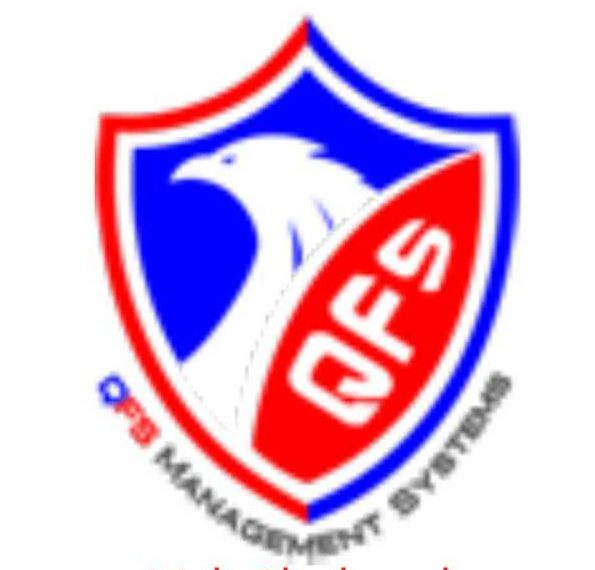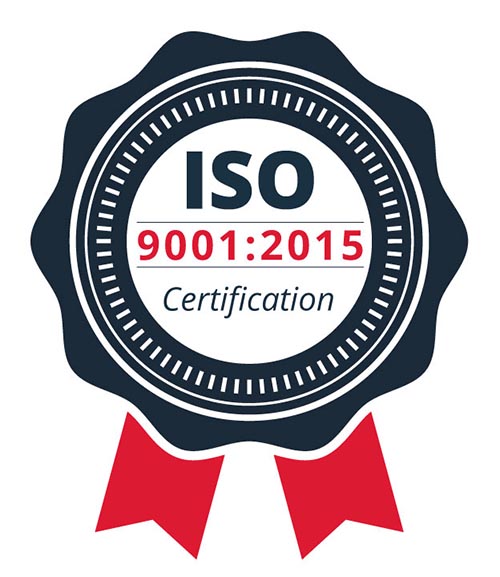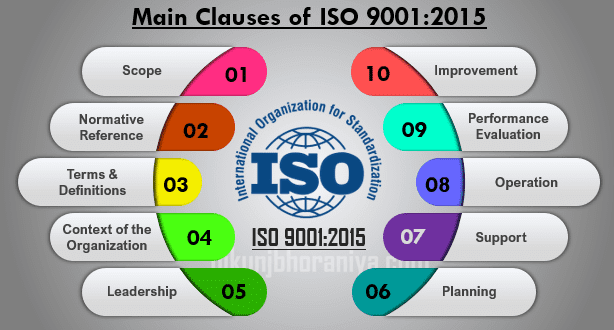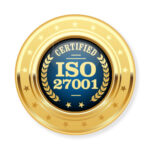ISO 9001:2015 Certification
The International Organization for Standardization (ISO) is a non-governmental organization whose mission is to enable international cooperation and industry standardization. These standards contribute to the creation, manufacture, and delivery of more effective, safer, and clearer goods and services. To maintain these standards up to date, ISO conducts systematic reviews every 3-5 years. It had created in response to criticism from standards users. They had not adequately aligned, making it difficult for companies to rationalize their systems. The revision process adapts them to changes in the environment. The organization’s capacity to provide goods and services that satisfy the needs of its consumers. The ISO 9001:2015 certification defines a process-oriented approach to documenting and assessing. An organization’s structure, roles, and processes to achieve successful quality management. ISO has upgraded the world’s main Quality Management System (QMS) certifications, ISO 9001:2008 and ISO 9001:2015.
Benefits of ISO 9001
- Increased revenue– Customer happiness, and retention.
- Improved customer satisfaction-By understanding your customers’ needs and minimizing errors, you increase consumer faith in your ability to provide products and services.
- Increased operational efficiency-by sticking to industry best practices and focusing on quality, you may be able to decrease costs.
- Improved decision-making-you can detect and identify problems sooner, allowing you to take action to avoid repeating the same mistakes in the future.
- Improved internal communications increased staff engagement. You can be certain that everybody is on the same page.
- Improved process integration-by analyzing process interactions, you may be able to find efficiency improvements more rapidly, reducing errors and saving money.
What topics does ISO 9001:2015 cover?
ISO 9001:2015 certification is based on the plan-do-check-act methodology and offers a process-oriented approach to documenting and assessing. The structure, roles, and procedures needed to ensure successful quality management in a company. These points are:
- A QMS’s requirements include recorded information, planning, and defining process relationships.
- Management Responsibilities
- Product realization, which includes all stages from design through delivery.
- The 2015 ISO 9001:2015 certification upgrade includes changes designed to guarantee. ISO 9001 continues to adapt to the changing contexts in which companies operate. These points improvement in ISO 9001:2015.
- The introduction of new jargon
- Some information had restructured.
- An emphasis on risk-based thinking to improve the process approach’s application
- Service applicability has improved.
- heightened leadership requirements





